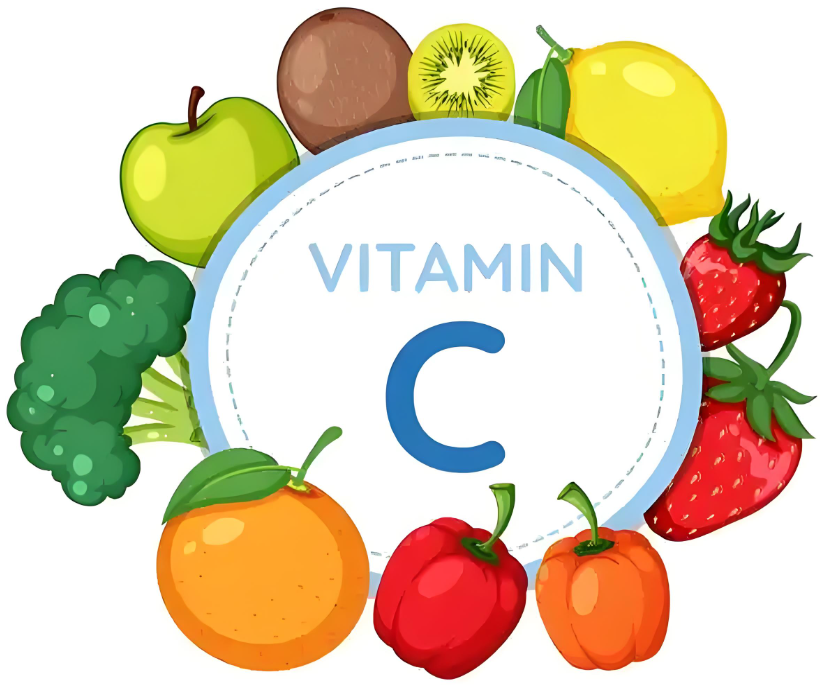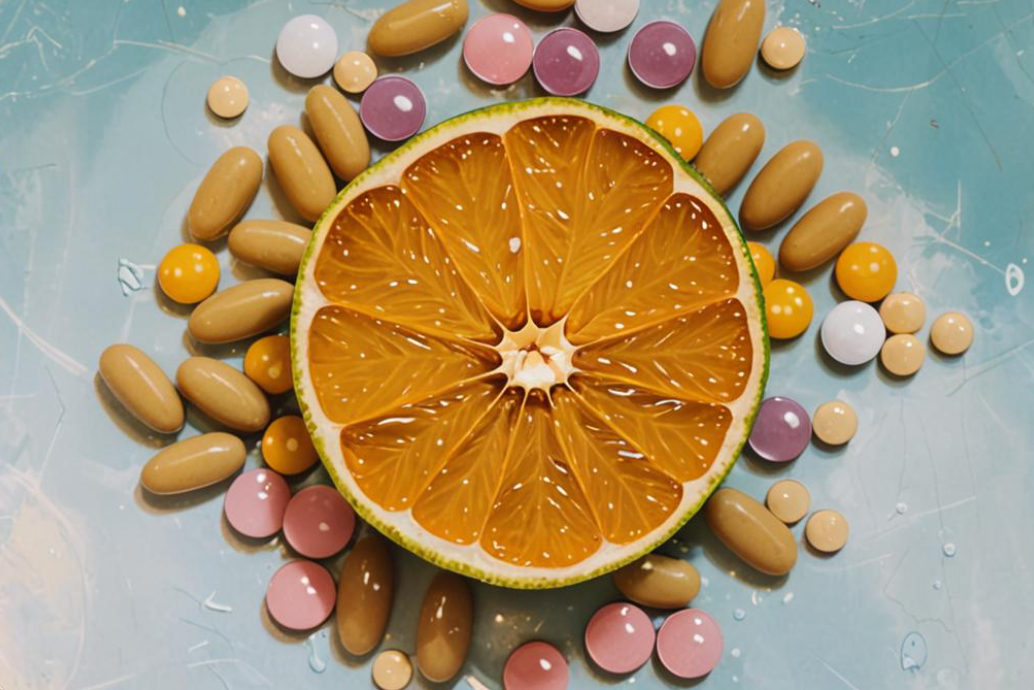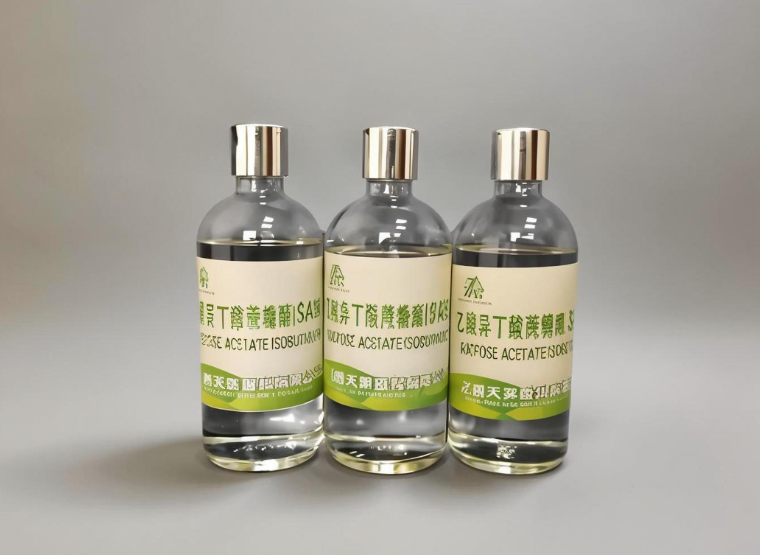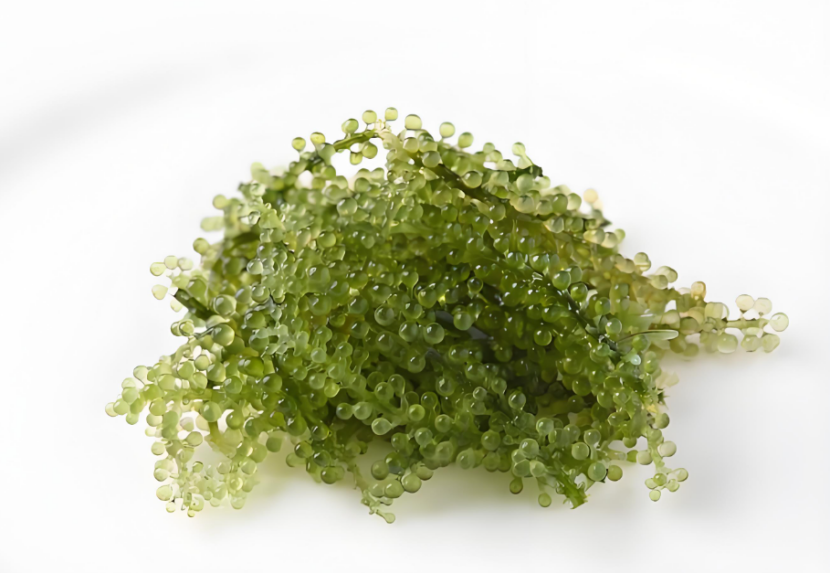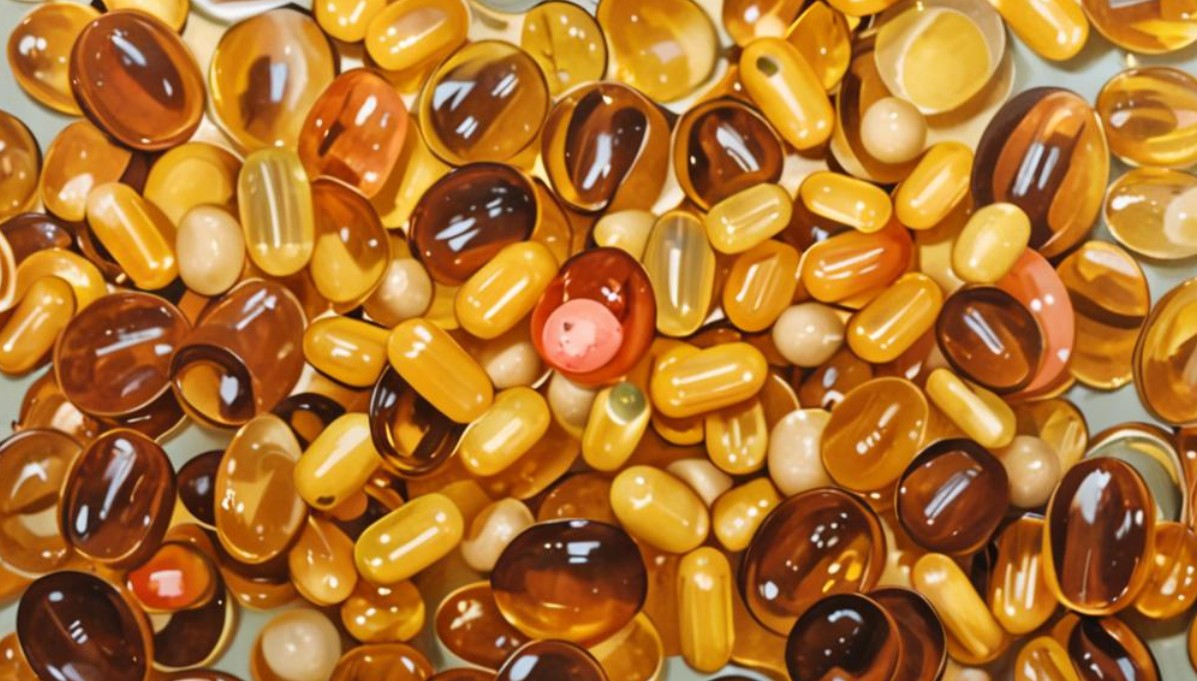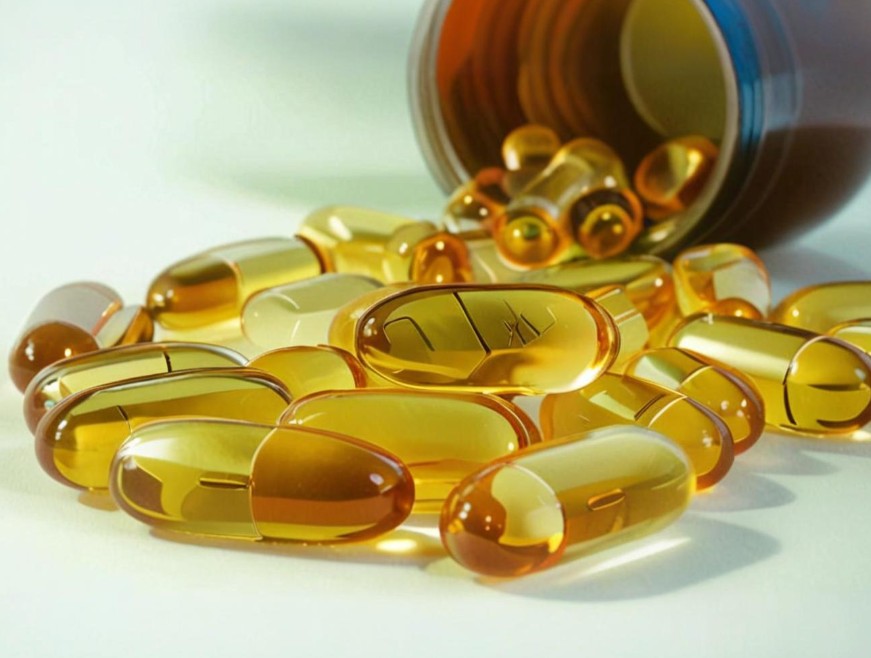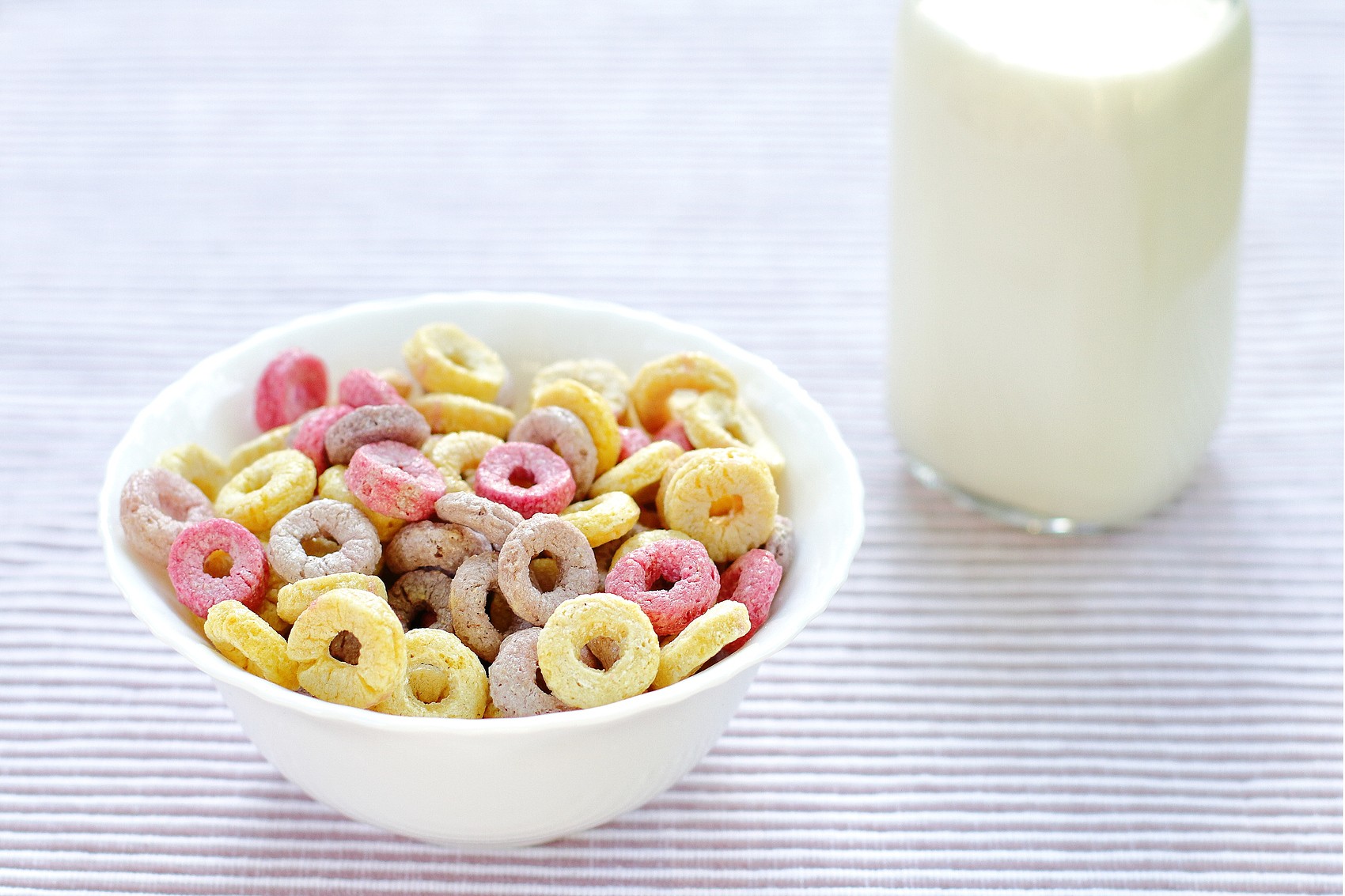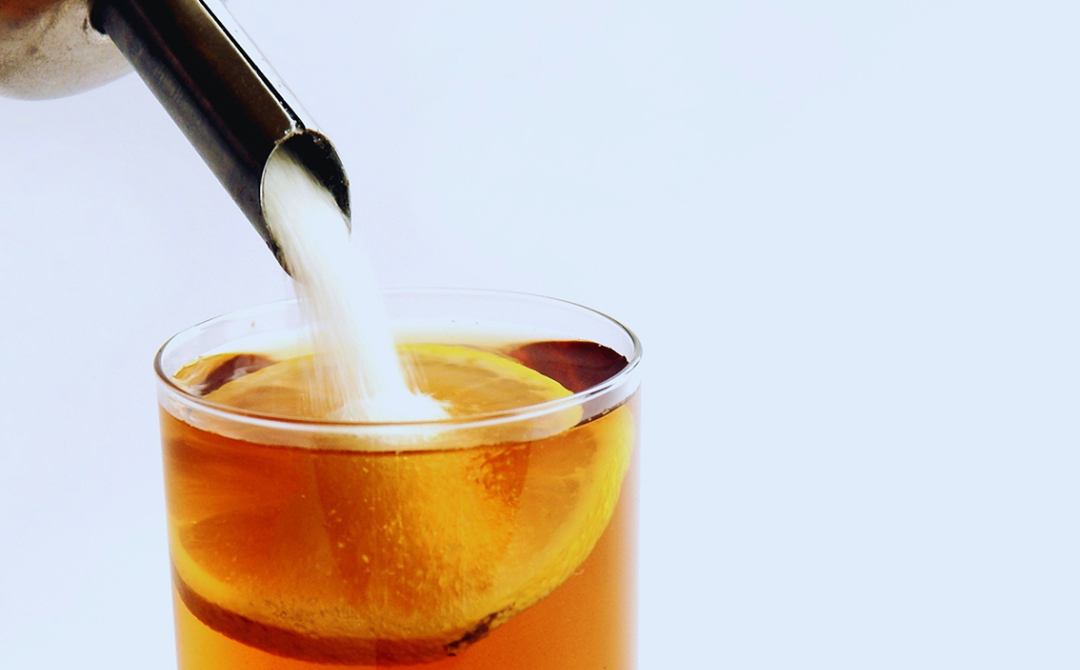erythritol - the preferred "healthy sugar substitute"
Erythritol, as a type of sugar alcohol, is a natural sugar alcohol widely found in melons, fungi, soy sauce, wine, and other sugar alcohols, such as xylitol, sorbitol, maltitol, is a derivative of sugar. [1] Therefore, in our daily diet, we all consume more or less of this substance. As early as 1848, Scottish chemist John Stenhouse discovered this substance, and successfully isolated it in 1952.
Scientists have found that erythritol not only has a sucrose sweetness of 60-70% and only 0.21 calories per gram of energy [3], it also causes little change in blood sugar in the human body, because after ingesting erythritol, most of it is absorbed and excreted in urine. [4] Because of this characteristic, erythritol is used by many food and beverage brands as a substitute for sucrose.
So far, erythritol has been widely recognized and widely used in the global and Chinese markets, and more than 60 regions and countries have approved the use of erythritol in food, including Europe, the United States, Japan, Canada, Mexico, Brazil, Argentina, Turkey, Russia, India, Australia and New Zealand. It is used as raw material for various products such as beverages, chewing gum, chocolate, candy, bakery and health food.
In addition, these advantages of erythritol have also established its status as a sugar substitute star:
First, the sweetness of pure erythritol and sucrose is very close to the sweet characteristics, refreshing and no aftertaste, and does not have the metallic "aftertaste" of some synthetic sweeteners, [5] improve the stability of beverage quality.
Second, non-glycemic erythritol in the human body is also different from other sugar alcohols, about 90% of erythritol into the body after entering the small intestine is absorbed into the blood, and out of the urine, only about 10% into the colon, and finally will be excreted. [4] This gives those who are unable to consume sugar an option to experience sweetness again.
Third, prevent dental caries, protect oral health erythritol is beneficial to oral health, erythritol will not be metabolized by oral bacteria, and has an inhibitory effect on streptococcus, research shows that erythritol can reduce the production of dental plaque, and can prevent tooth decay. Many children's lollipops, children's candies will use erythritol as a sweet source.
- High solubility heat and low hygroscopic erythritol has low hygroscopic property, good crystallization, and is easy to crush into powder products. Its hygroscopic property is the smallest among sugar alcohols and sucrose sweeteners. The solution heat of erythritol is -97.4J/g. Due to the high solution heat, it absorbs more energy when dissolved in water and has a strong cooling effect. Solid food and confectionery produced with it have a cool taste when eaten. [6]
In fact, a number of relevant domestic departments have conducted a comprehensive evaluation of it and confirmed the safety of erythritol. Internationally, the World Health Organization (WHO), the United States Food AND Drug Administration (FDA), the European Food Safety Authority (EFSA), etc., have confirmed its safety, and the Academy of Nutrition and Dietetics (AND) has included erythritol as part of a healthy diet.
In the natural sugar substitute, in fact, there are also "superior" points.
For example, xylitol is a natural sweetener extracted from birch, oak, corncob, bagasse and other plant raw materials, which is widely used in diabetic food and is a widely recognized natural sugar substitute
However, the "production process" of xylitol still has some shortcomings: it is still mostly industrial acid hydrolysis, which is not completely "natural". In addition, although the caloric and glycemic index of xylitol is low, it is not "zero", and excessive consumption is more likely to cause adverse reactions such as bloating and diarrhea, and the tolerance is low.
In contrast, erythritol is also "natural and healthy" from a process point of view, and is one of the few sugar alcohols produced by microbial fermentation.
It is not difficult to find that sugar substitutes such as erythritol, which are more natural in composition and production, are still the first choice for most consumers to achieve "sweet freedom".

